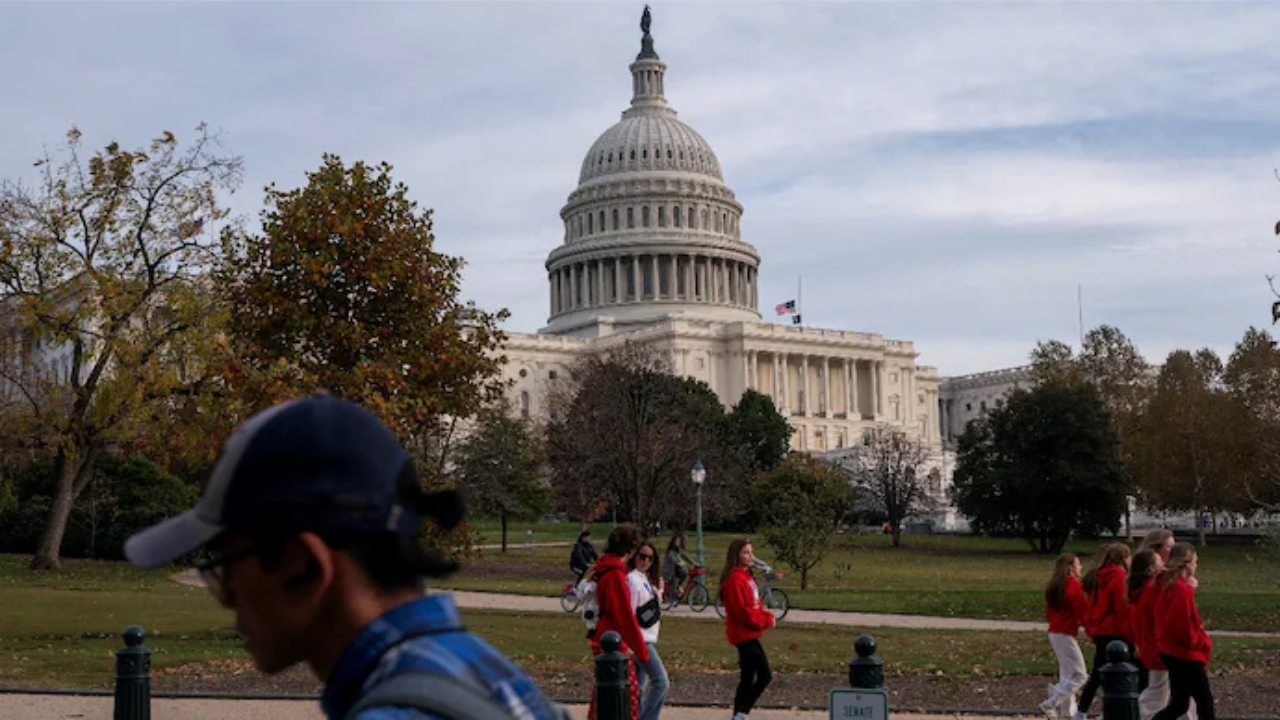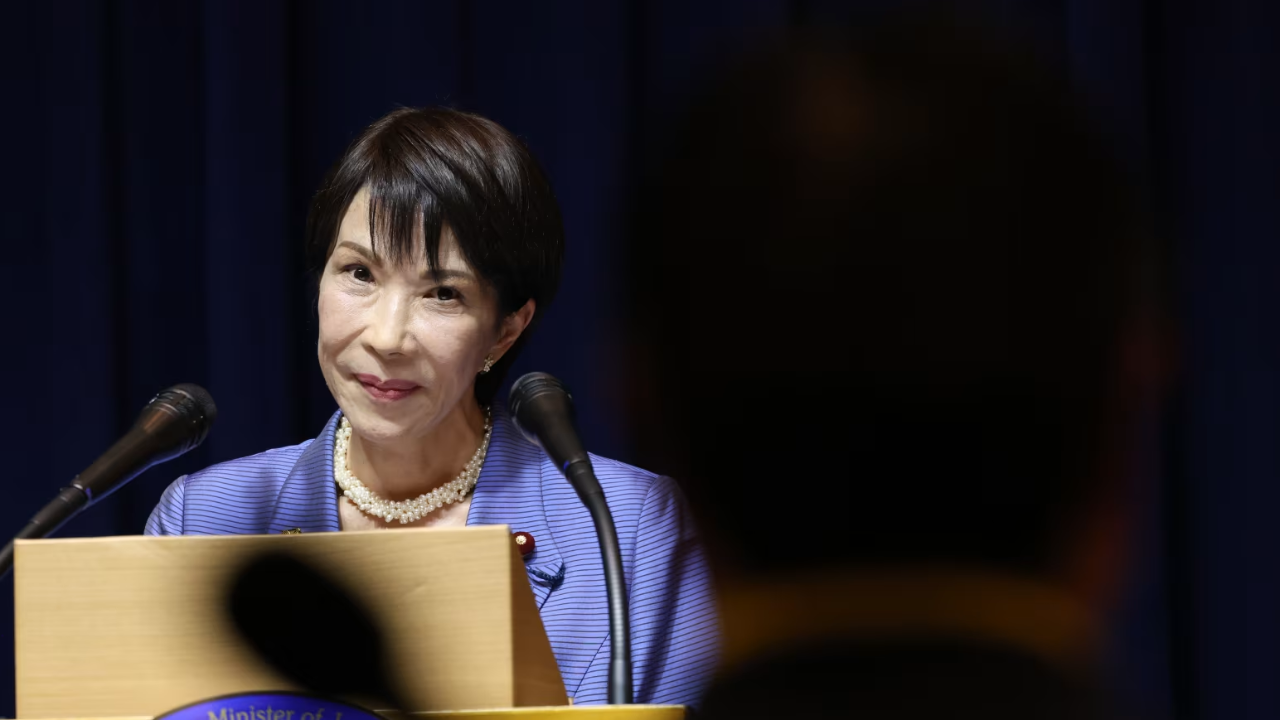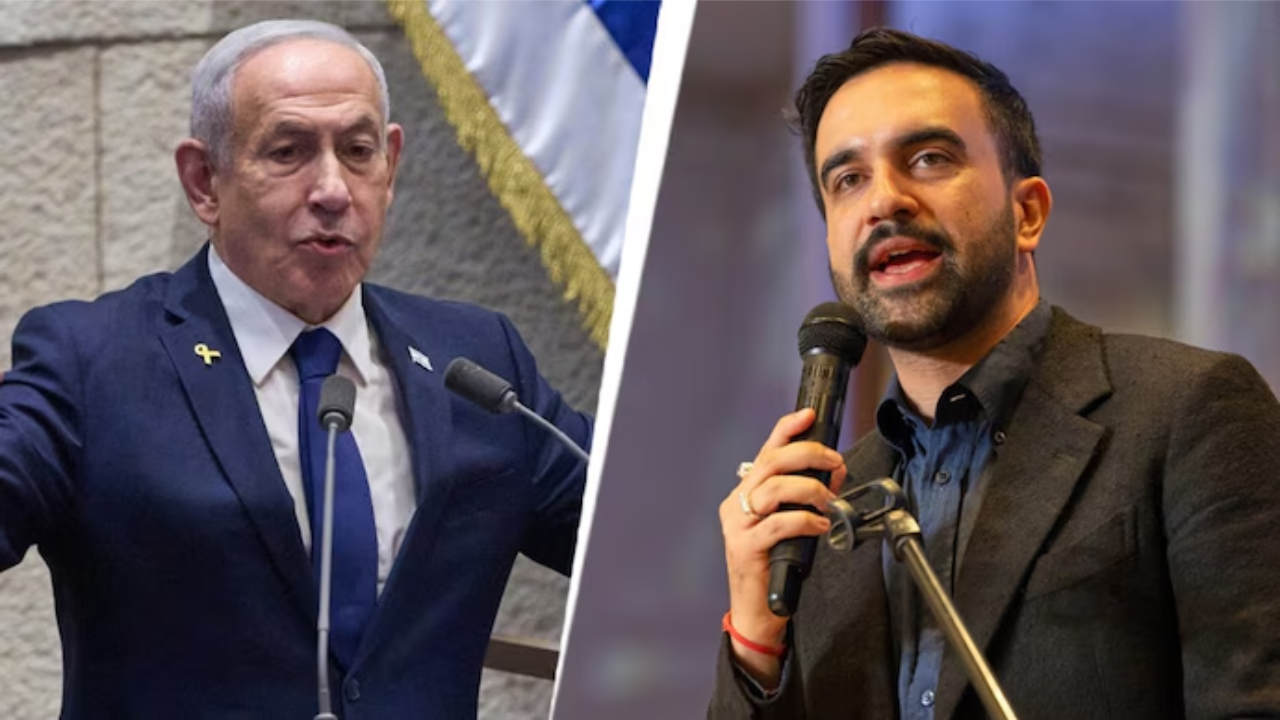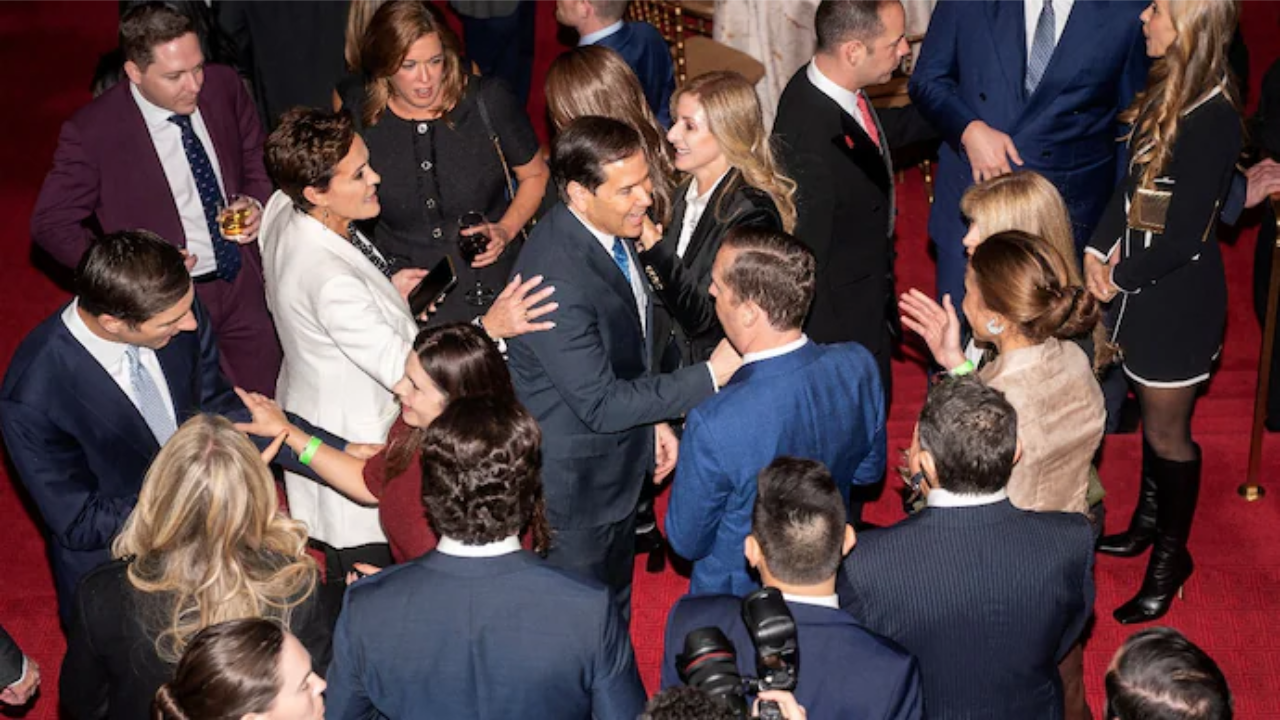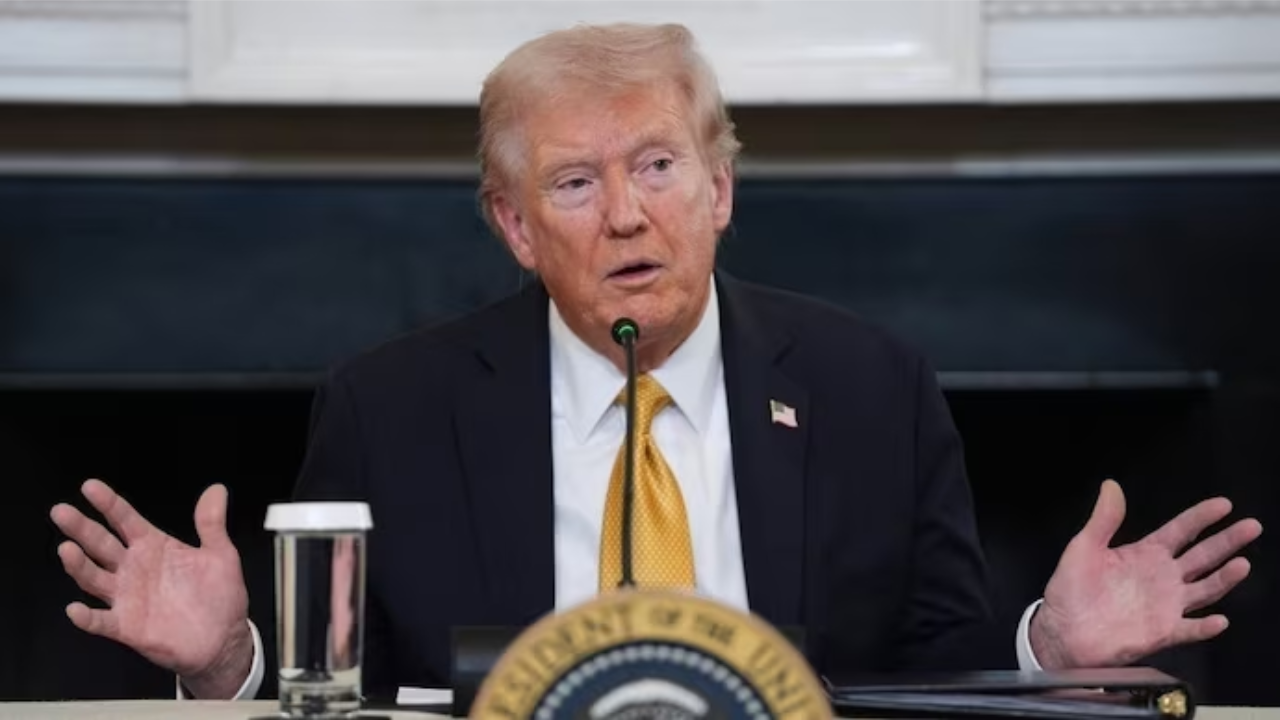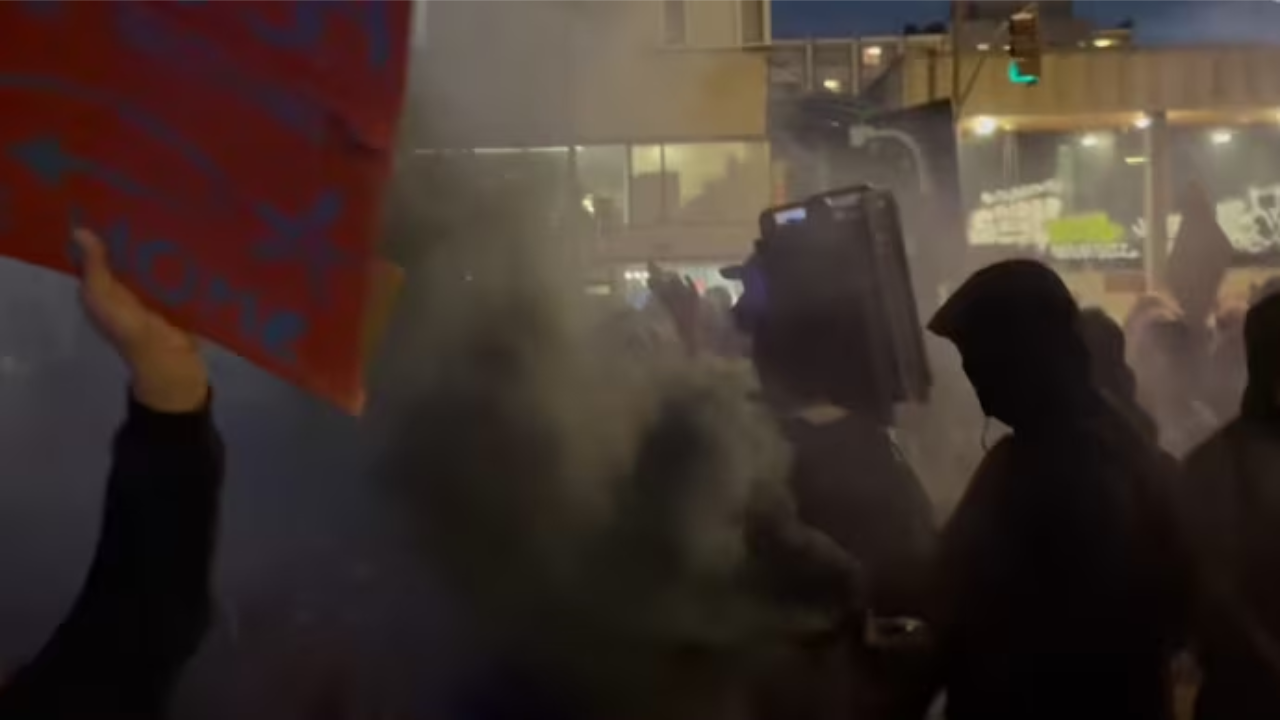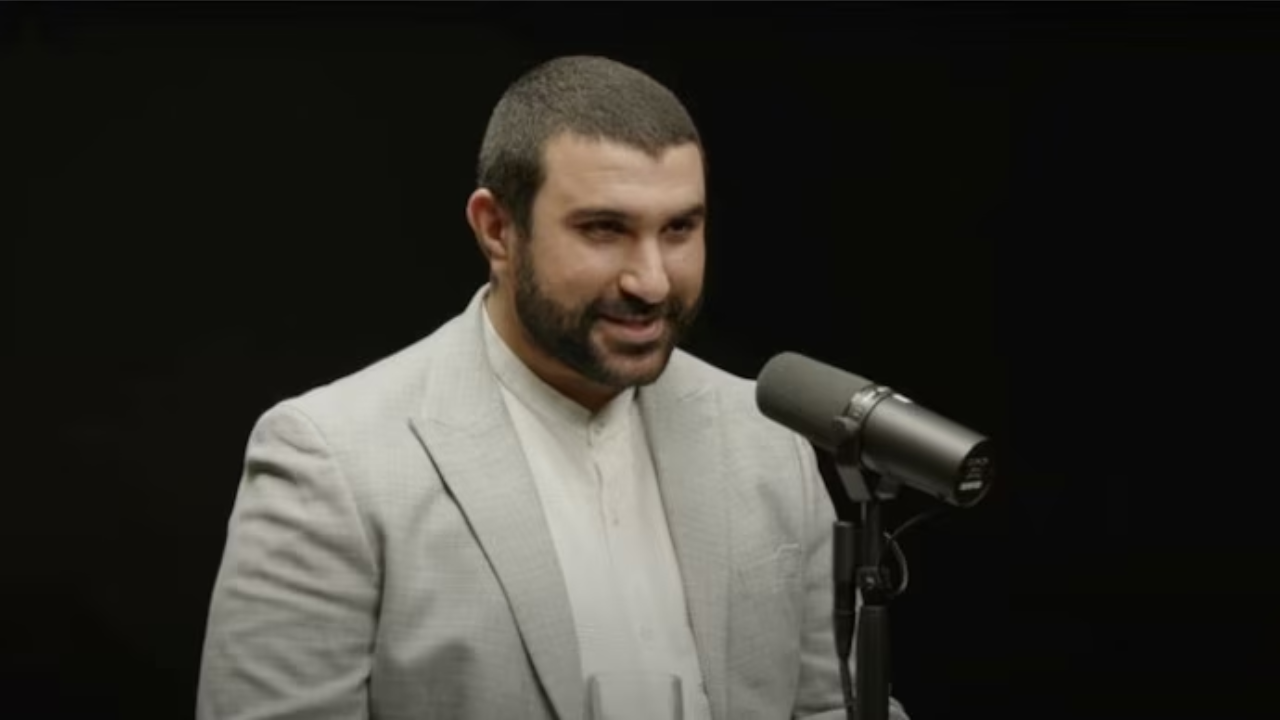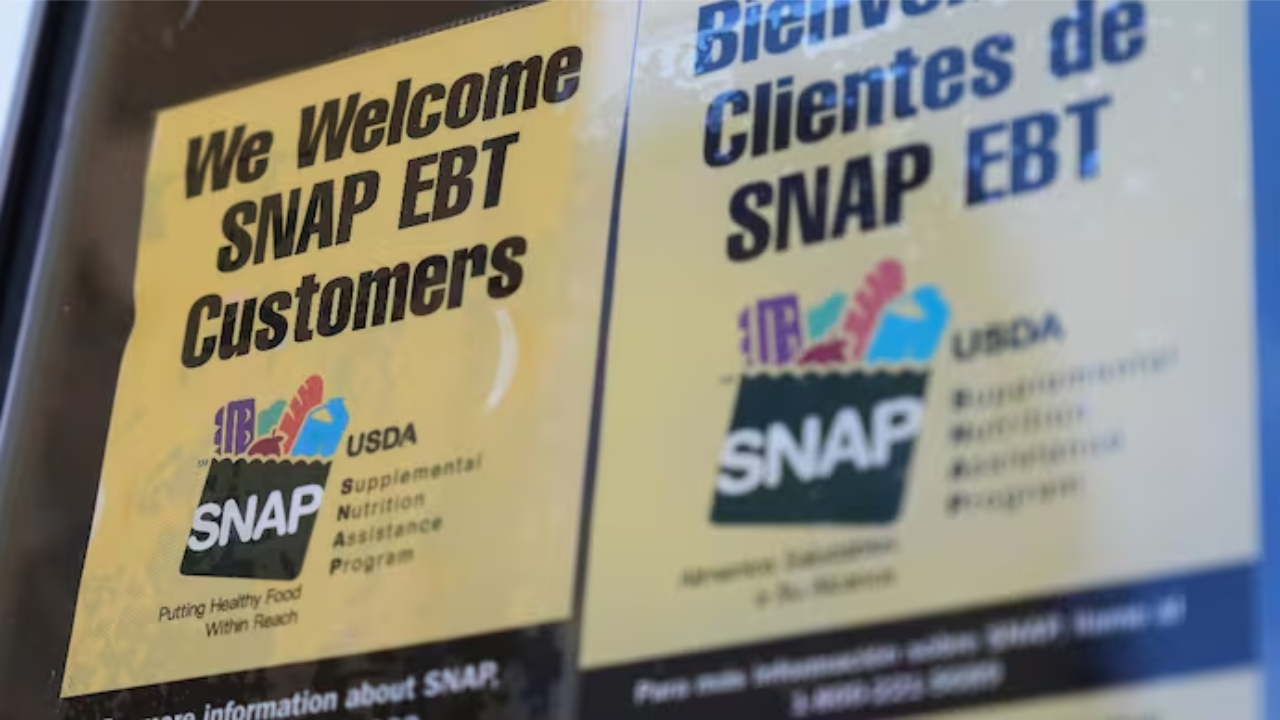The longest government shutdown in U.S. history officially ended after the House of Representatives passed a bill Wednesday to restore funding and services, following earlier Senate approval. President Donald Trump is expected to sign the measure into law imminently.
The 222-209 vote in the Republican-controlled House sends the bill to the White House, immediately restoring pay for hundreds of thousands of federal workers, reviving critical services like air-traffic control, and restarting disrupted food assistance programs.
Key Details of the Deal:
- Funding Extension: The bill provides stopgap funding for the government through January 30, postponing the main appropriations battle until the new year.
- Worker Relief: It guarantees back pay for all furloughed federal employees, reverses mass layoffs attempted by the Trump administration during the shutdown, and protects against further firings through January.
- Bipartisan Division: The deal, which originated in the Senate when a small group of moderate Democrats broke with their party to join Republicans, passed mostly along party lines in the House.
- The Health Care Sticking Point: Democrats fiercely opposed the bill because it failed to include an extension of federal health insurance subsidies (Affordable Care Act tax credits) that are set to expire soon. While the deal promises a Senate vote on the subsidies in December, House Speaker Mike Johnson made no such guarantee for his chamber.
- Political Fallout: The shutdown, which lasted a historic 43 days, concluded with neither party securing a clear political victory. A Reuters/Ipsos poll showed Americans nearly evenly split on who was to blame.
- Epstein Documents: The House’s return to session also triggered action on another contentious issue: a newly filed petition forcing a vote on releasing all unclassified records related to the late convicted sex offender Jeffrey Epstein.
In essence, the deal reopens the government now but merely kicks the central partisan battles over long-term funding and healthcare subsidies down the road to January.
